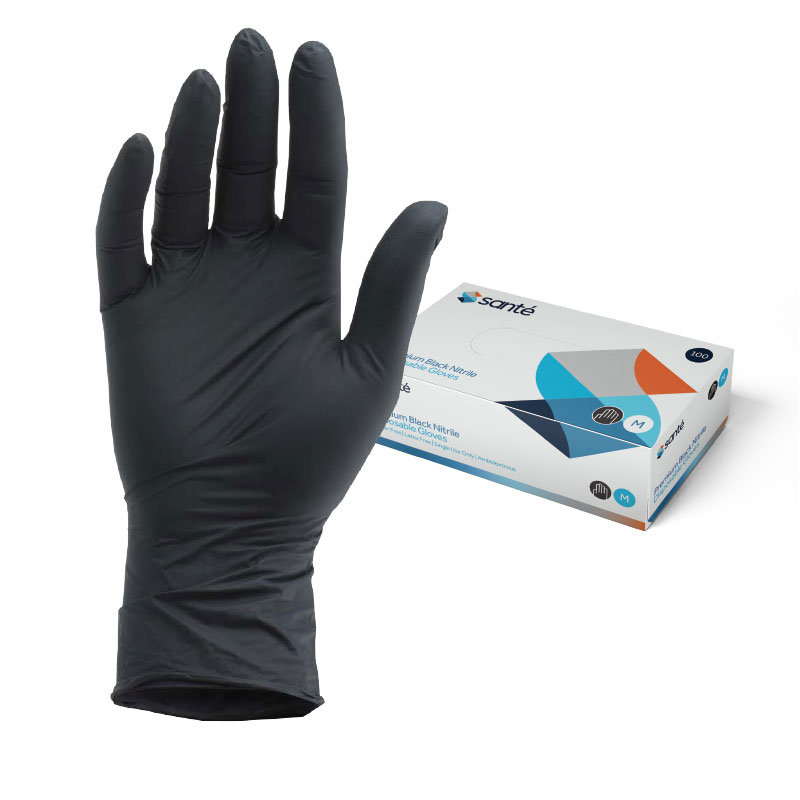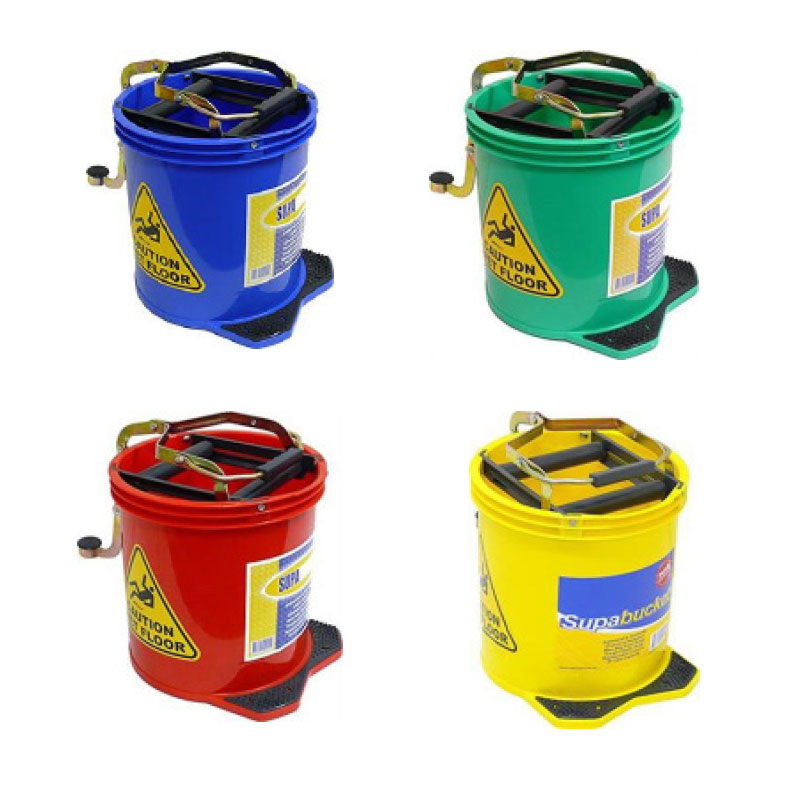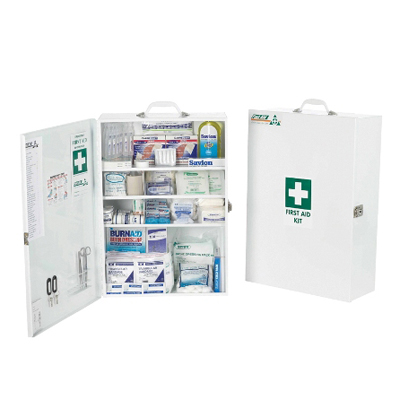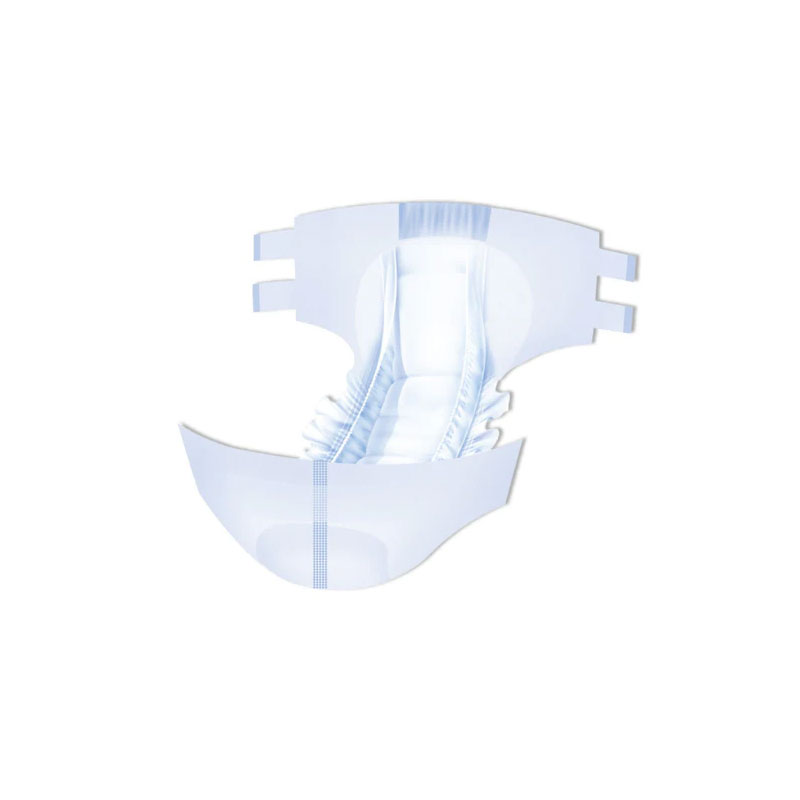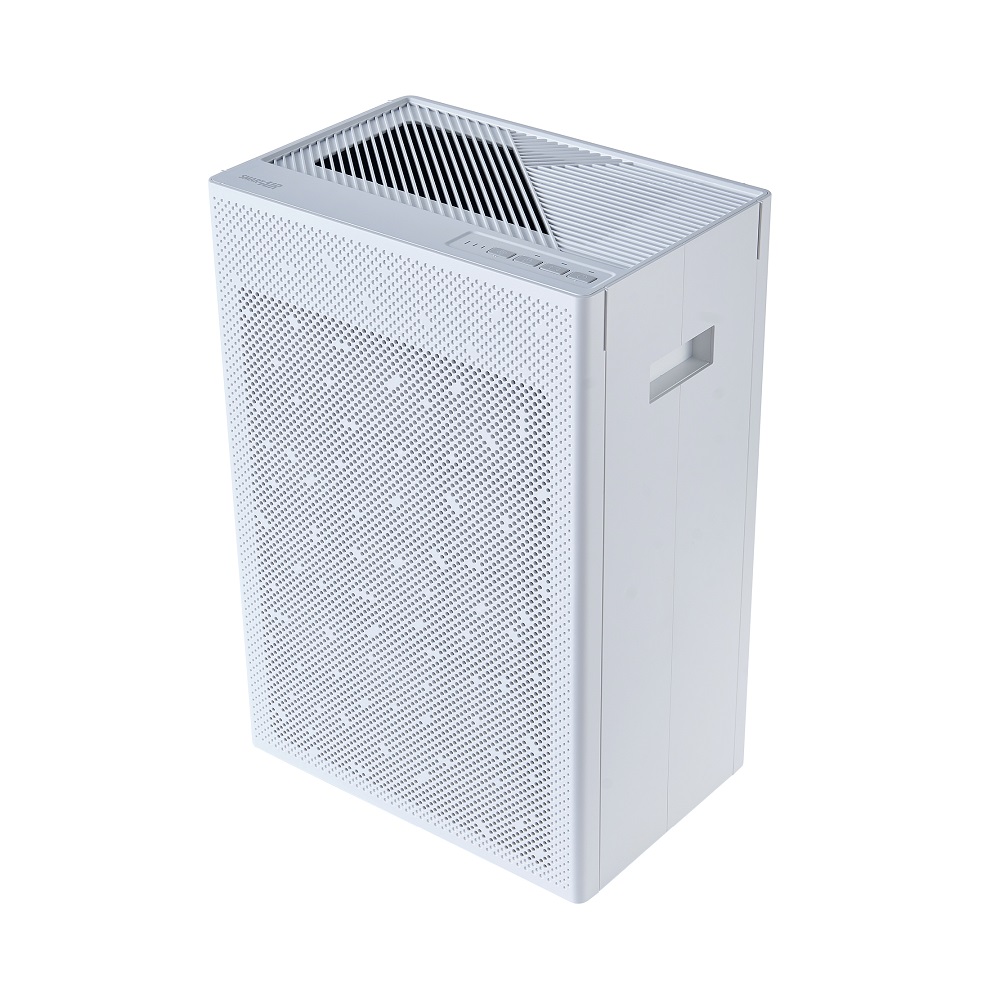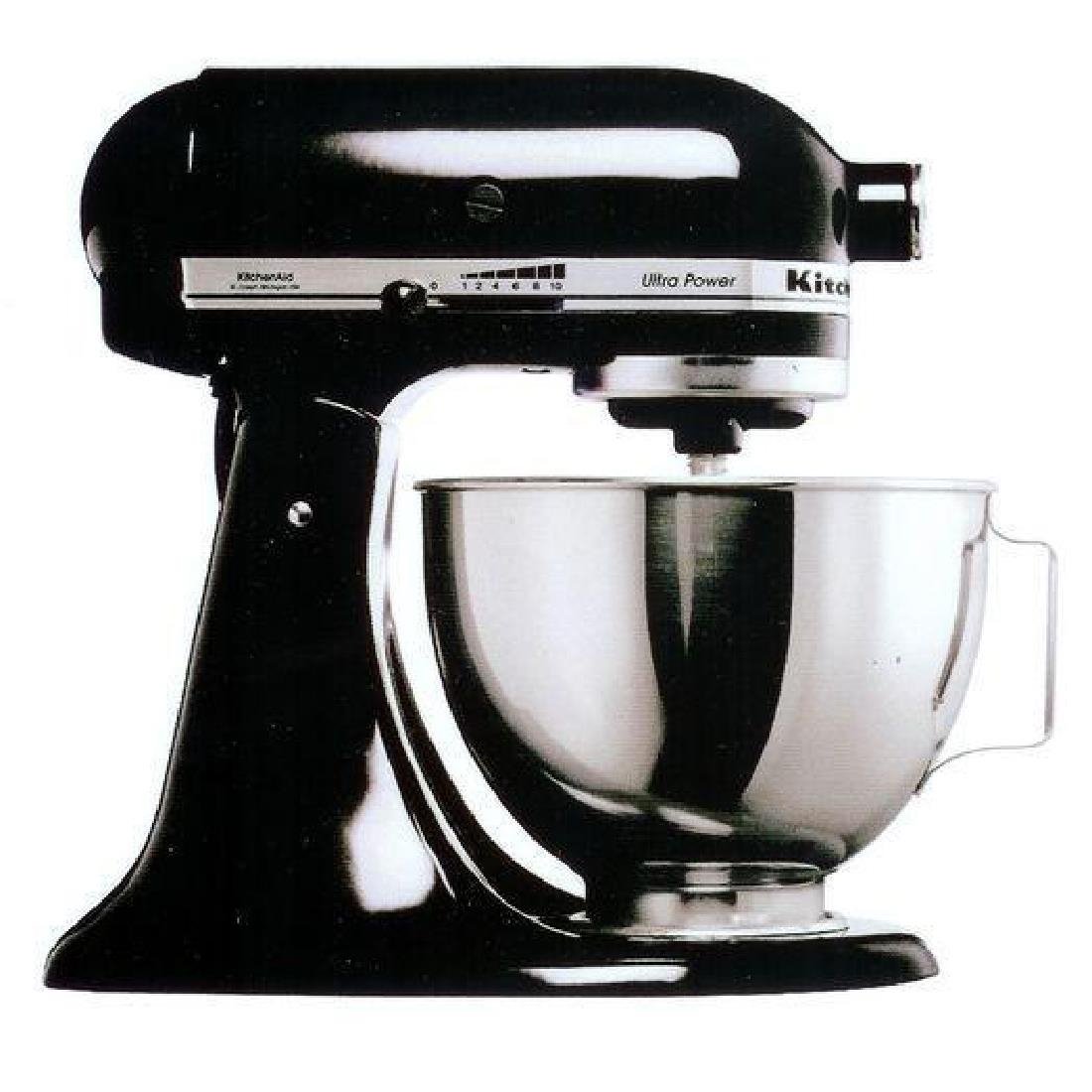5 Tips To Prevent Refrigeration Failure

Originally written for Interquip Health
Is this the worst nightmare in your kitchen?
WOW! You have just opened the door to your refrigerator, and found it has been off for several hours. Or, maybe you are reading this because have just discovered your freezer is not maintaining the correct temperature? Or, maybe your milk is not keeping as fresh as you think it should.
I suppose it is better late than never to start thinking about maintenance of your refrigerator or freezer, but first things first. If you are in the food service industry “food safety” should take top precedence. Deal with the food that was in your failed equipment according to the food safety requirements of your location and industry. If your bins are about to get emptied then you are in a bit of luck, otherwise your waste bin will be rather unpleasant for the next little while!
What to do next! Before we get to the tips, you need to confirm that the fault wasn’t as simple as someone leaving the door open. How can you be certain one way or another without some live recording of events? Check out our blog on the Clever Logger that provides live recording of your fridge’s temperature.

There are some other things to check which will give some clues as to what has happened. If the following tips don’t help, we would recommend you call your equipment supplier to have them help resolve the issue.
Prevention is better than cure
It is far better to perform regular maintenance, than wait for a break down. Frequent preventative maintenance is best done in-house. However, some prefer to outsource this to a local refrigerator mechanic who can perform minor repairs when necessary. We have outlined some tips below to keep your refrigeration running at optimum performance levels.
- Keep food evenly spaced on the shelves and avoid overfilling. This can restrict airflow and create an unbalance in the temperatures.
- Avoid placing hot steamy food directly in to refrigeration equipment. If you have large volumes of hot food, cool as much as possible within the 2 hour safe zone before placing in the cabinet. Hot steamy food introduces extra moisture into the unit and also affects the temperature of other items. Breaking down into smaller portions or spreading out can help to cool food quicker. Also, covering hot food with cling wrap can help contain the steam.
- Regularly check for any ice build-up inside your refrigerator, and if this occurs, you should perform a manual defrost. (Consult your user manual for instructions.) High quality refrigeration is typically fitted with an automatic defrost function, eliminating the need for manual defrost operations.
- Clean the condenser coils with the soft brush attachment on your vacuum every 6 months (This period would vary depending on the condition of the environment). Dust, flour and other fine particles can be sucked into the cooling fins on a condenser coil, blocking the airflow, and this leads to poor performance and failure over time.
- Get a refrigeration mechanic to perform a routine maintenance check at least once every two years. They may detect early signs of failure and prevent costly repairs.
Please note that this advice is of general nature. We recommend discussing maintenance intervals, etc. with a local professional that can help with developing a sound maintenance plan for your own unique requirements.
